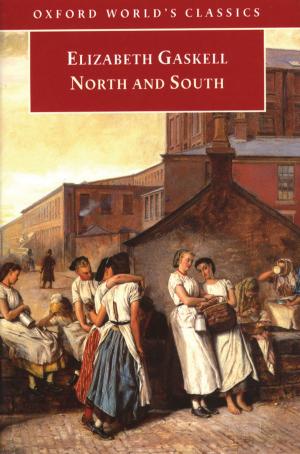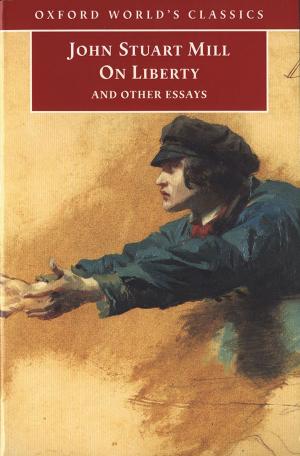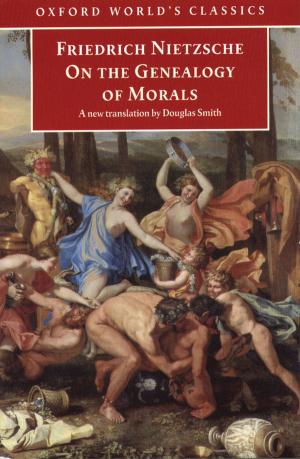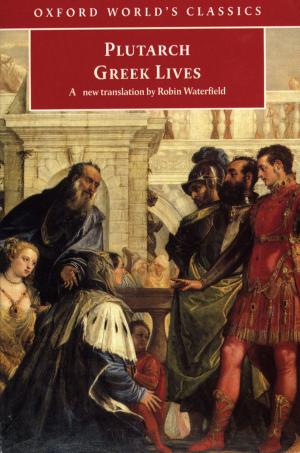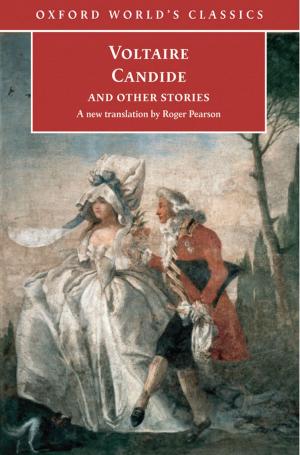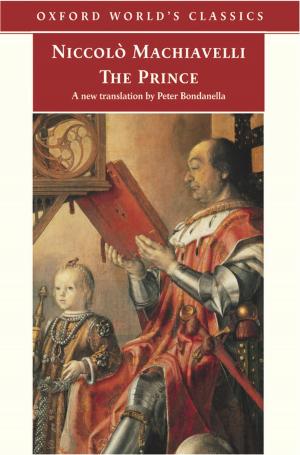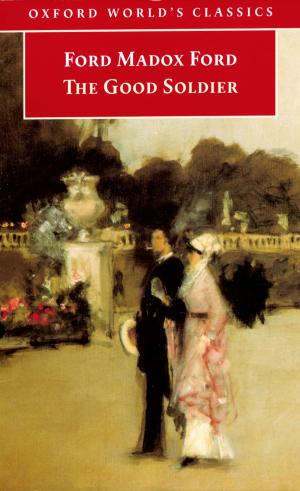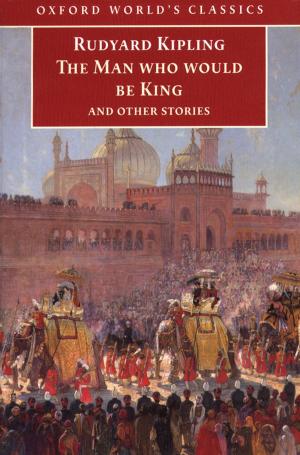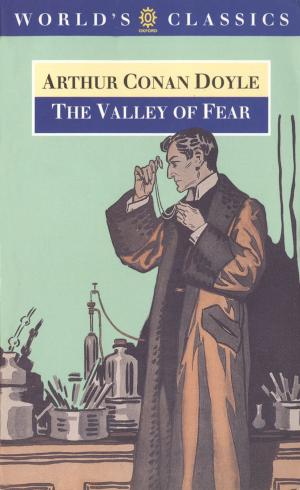| Author: | George Eliot ; Gordon S. Haight ; Dinah Birch | ISBN: | 9780192824882 |
| Publisher: | Oxford University Press, UK | Publication: | September 5, 1996 |
| Imprint: | Oxford Paperbacks | Language: | English |
| Author: | George Eliot ; Gordon S. Haight ; Dinah Birch |
| ISBN: | 9780192824882 |
| Publisher: | Oxford University Press, UK |
| Publication: | September 5, 1996 |
| Imprint: | Oxford Paperbacks |
| Language: | English |
As Maggie Tulliver approaches adulthood, her spirited temperament brings her into conflict with her family, her community, and her much-loved brother Tom. Still more painfully, she finds her own nature divided between the claims of moral responsibility and her passionate hunger for self-fulfilment. George Eliot's searching exploration of Maggie's complex dilemma has made this one of the most enduringly popular of her works.This edition offers the definitive Clarendon text with a new introduction that gives an account of the book's place in Eliot's life and the intellectual context of the time, as well as providing close textual analysis. - ;`But it's bad - it's bad,' Mr Tulliver added - `a woman's no business wi' being so clever; it'll turn to trouble, I doubt.'Rebellious and affectionate, Maggie Tulliver is always in trouble. Recalling her own experiences as a girl, George Eliot describes Maggie's turbulent childhood with a sympathetic engagement that makes the early chapters of The Mill on the Floss among the most immediately attractive she ever wrote. As Maggie Tulliver approaches adulthood, her spirited temperament brings her into conflict with her family, her community, and her much-loved brother Tom. Still more painfully, she finds herown nature divided between the claims of moral responsibility and her passionate hunger for self-fulfilment. George Eliot's searching exploration of Maggie's complex dilemma has made this one of the most enduringly popular of her works. This edition offers the definitive Clarendon text with a new introduction that gives an account of the book's place in Eliot's life and the intellectual context of the time, as well as providing close textual analysis. -
As Maggie Tulliver approaches adulthood, her spirited temperament brings her into conflict with her family, her community, and her much-loved brother Tom. Still more painfully, she finds her own nature divided between the claims of moral responsibility and her passionate hunger for self-fulfilment. George Eliot's searching exploration of Maggie's complex dilemma has made this one of the most enduringly popular of her works.This edition offers the definitive Clarendon text with a new introduction that gives an account of the book's place in Eliot's life and the intellectual context of the time, as well as providing close textual analysis. - ;`But it's bad - it's bad,' Mr Tulliver added - `a woman's no business wi' being so clever; it'll turn to trouble, I doubt.'Rebellious and affectionate, Maggie Tulliver is always in trouble. Recalling her own experiences as a girl, George Eliot describes Maggie's turbulent childhood with a sympathetic engagement that makes the early chapters of The Mill on the Floss among the most immediately attractive she ever wrote. As Maggie Tulliver approaches adulthood, her spirited temperament brings her into conflict with her family, her community, and her much-loved brother Tom. Still more painfully, she finds herown nature divided between the claims of moral responsibility and her passionate hunger for self-fulfilment. George Eliot's searching exploration of Maggie's complex dilemma has made this one of the most enduringly popular of her works. This edition offers the definitive Clarendon text with a new introduction that gives an account of the book's place in Eliot's life and the intellectual context of the time, as well as providing close textual analysis. -

